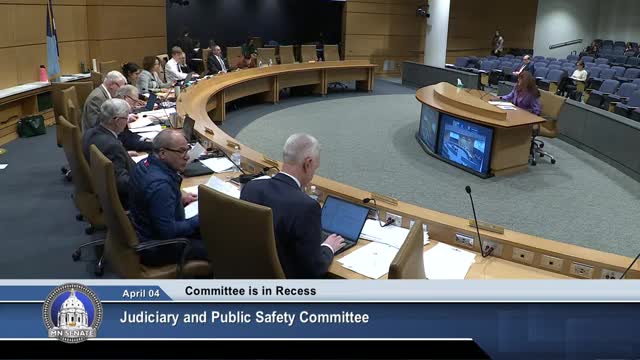Article not found
This article is no longer available. But don't worry—we've gathered other articles that discuss the same topic.
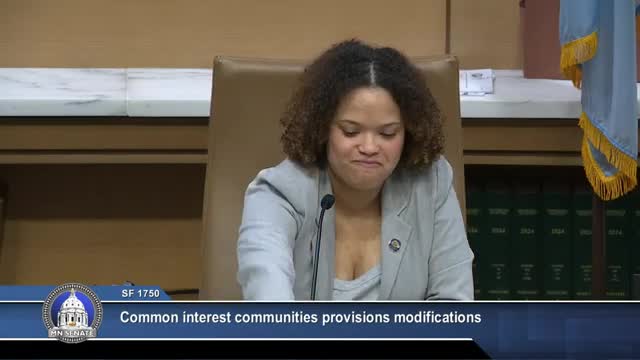
Panel advances broad HOA reform bill after months of stakeholder work; lawmakers keep negotiating key details
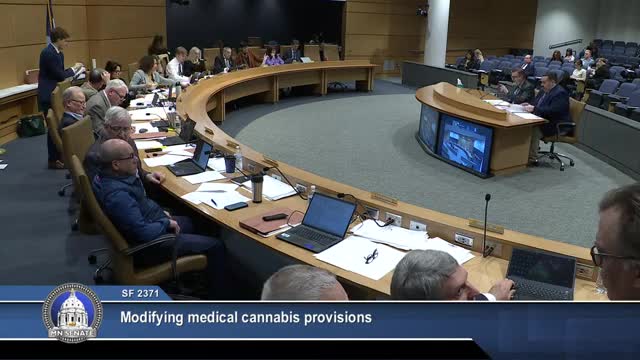
Committee approves amendments extending workplace and housing protections for medical cannabis patients
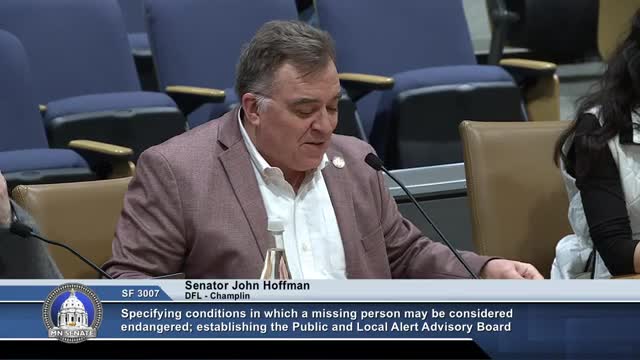
Committee considers expanding alert system to include missing vulnerable children and adults
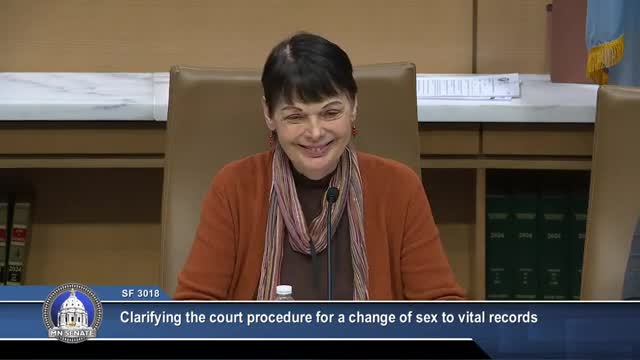
Committee hears bill to codify process for changing birth certificate gender markers
